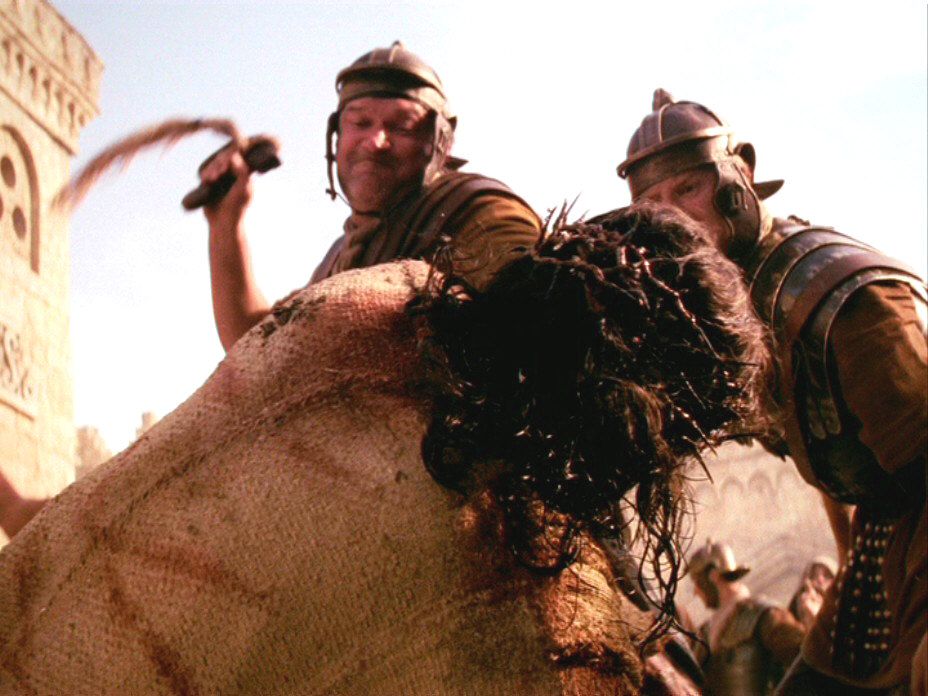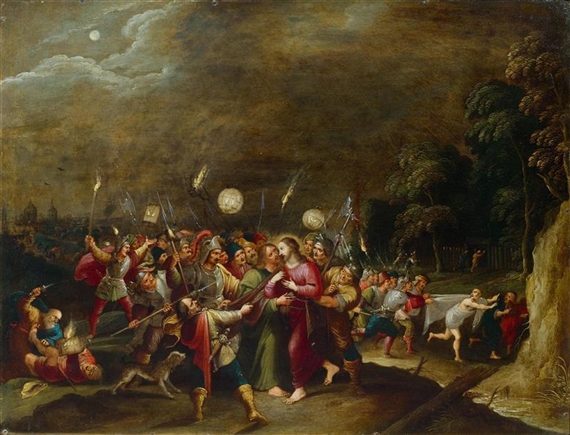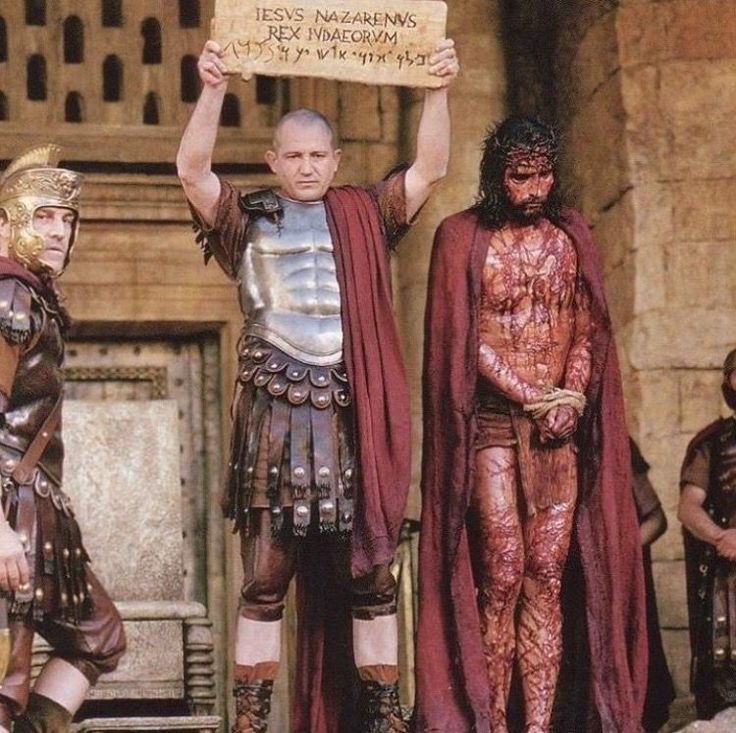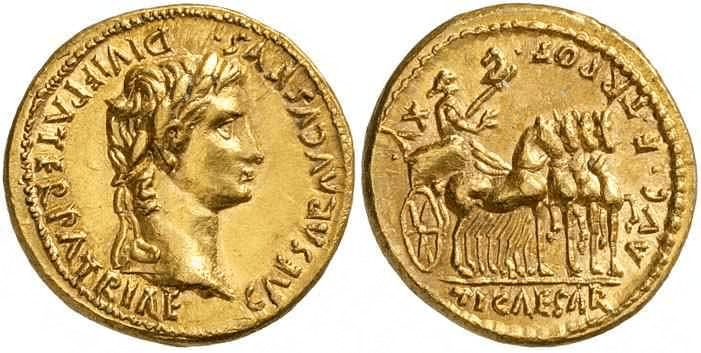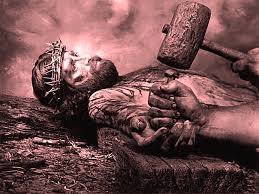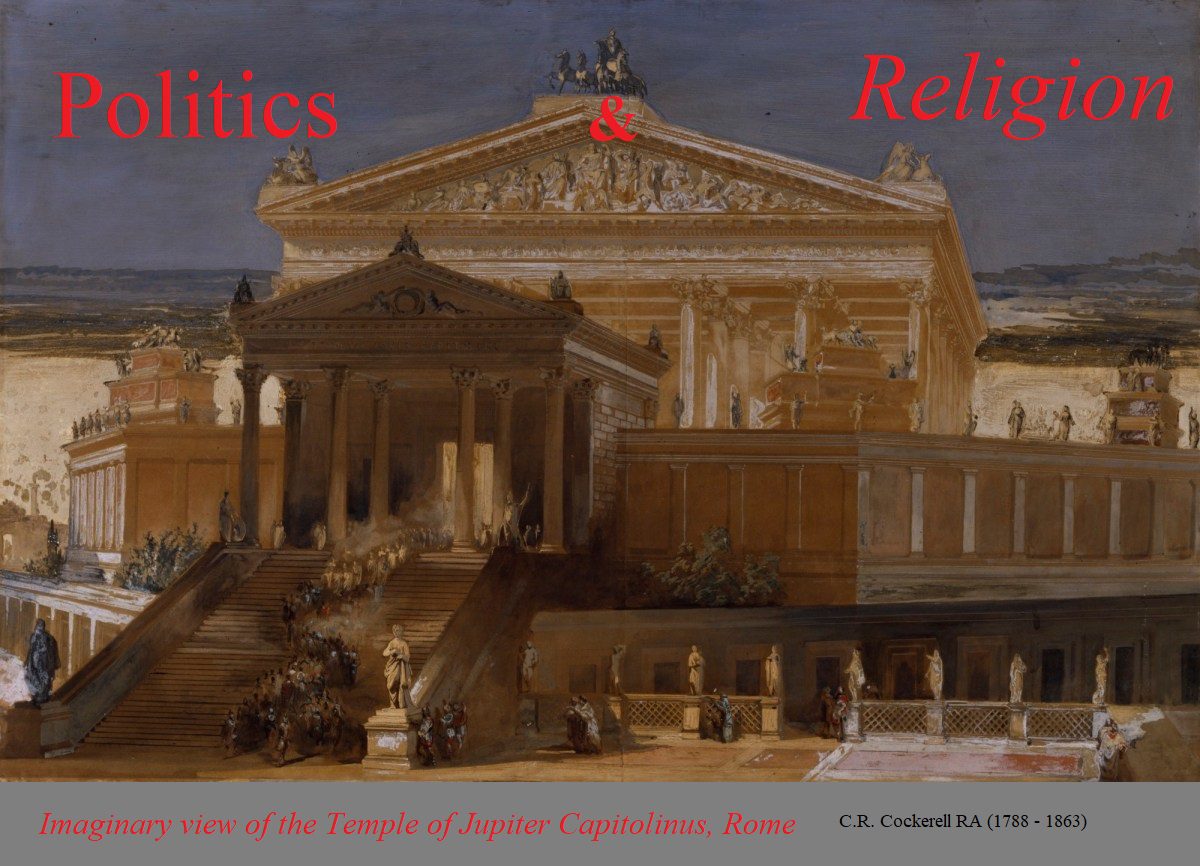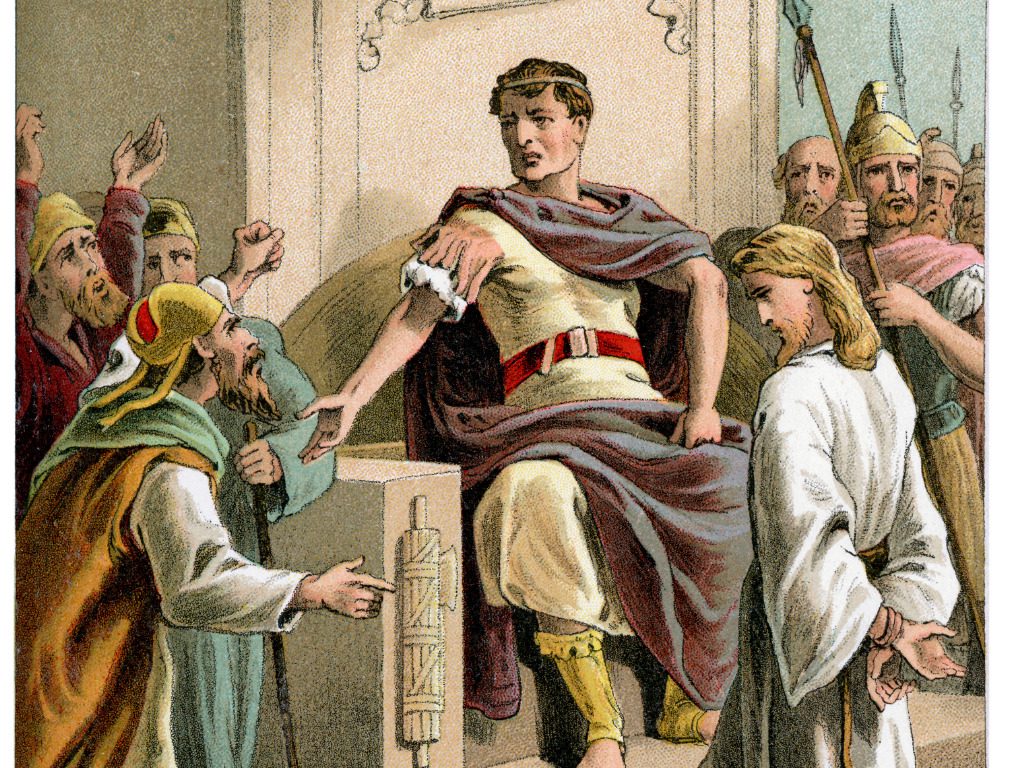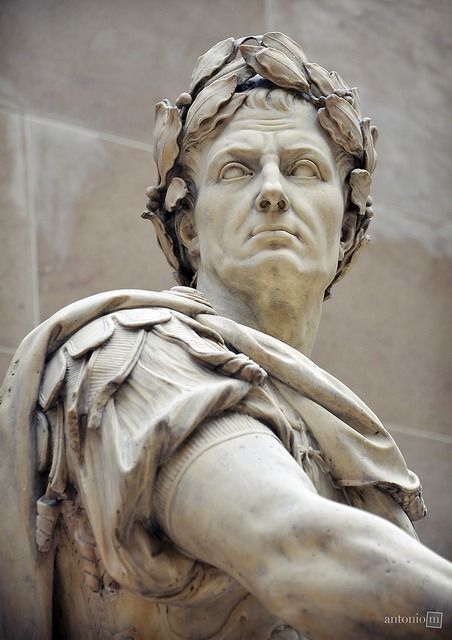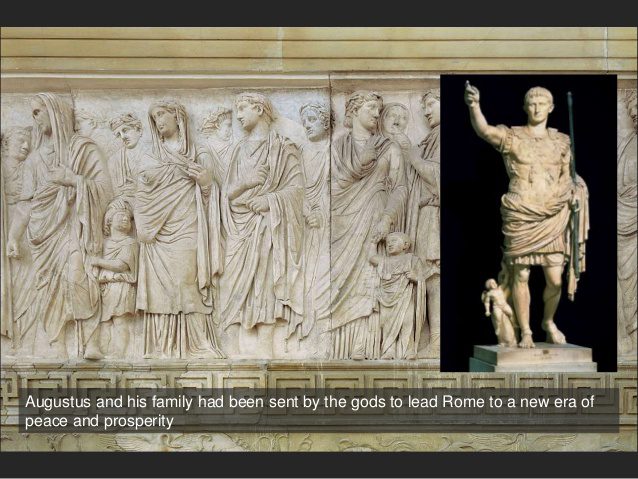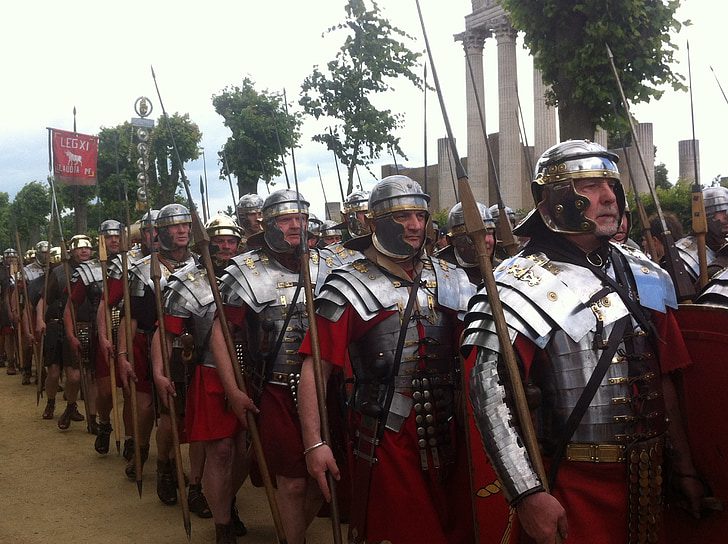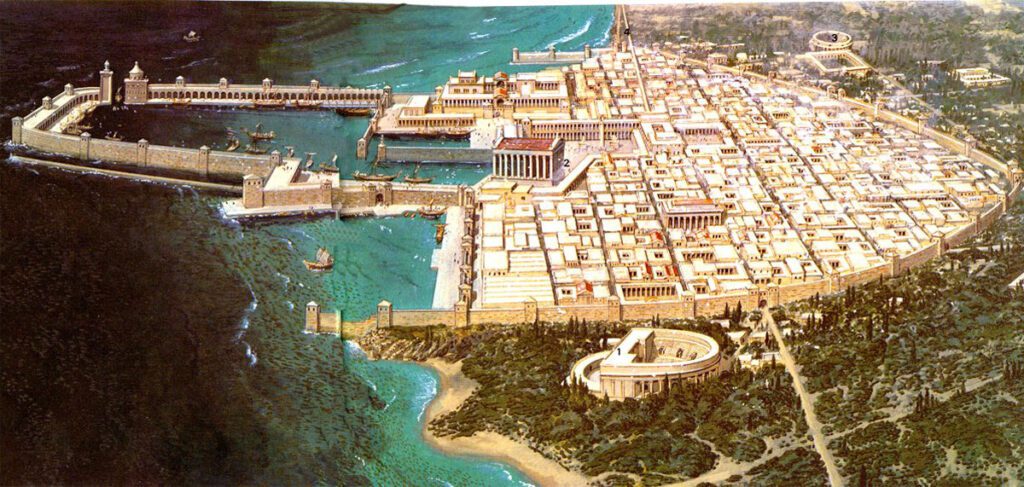Labor Day in 2023 of the Common Era
What is more common in this Common Era of a 2024 Presidential election than demagogues landing like locusts on our popular propaganda screens like ants at a Labor Day picnic?
Demagogue: a leader who makes use of popular prejudices and false claims and promises in order to gain power

Of course, ‘the medium spin of the message is better than two candidates in the district.’
US political HEADLINES IN THE HAND spun by paid pundits of unaccountable billionaires hiding behind action committees buying each vote AGAINST fellow demagogues of their political opposite extreme.
What better day than Labor Day in the Common Era for commonly corrupt men of money to launch another campaign tirade of fear-mongering urging working stiffs on a rare day off to VOTE AGAINST whatever they should ideologically HATE?

Party Platforms of an idolized past
Or should I say: Political Party Platforms from an idealized ancient past?
I’m not referring to historical parties from an idolized American past: Federalists, Whigs, Democrat-Republicans, Bull Moose or other independents. The ideals of foundational platforms of every party have always been somewhat overstated.
Political parties once debated a platform of principles upon which their candidates for office could stand.
Sometime in the 20th c. C.E. foundational Democratic and Republican party platforms and principles collapsed under the weight of PAC’s with polls of single issue influence destined to divide any great empire into the decay of its extreme excesses.
A Common Era conclusion
- WE THE PEOPLE of these UNITED STATES of AMERICA are no longer UNITED in the Common Era of our failed principles.
- Nor are WE governed by a majority as one might imagine.
Rather citizens of our once united states have been divided as spoil of partisan political victories as unwilling subjects of political kings appealing to the extremes of our discontent.
Go ahead and do the math: TOTAL number of citizens 18 or older [think 2020 US Census], convert the % of 'registered' votes of the 'winner' into the actual total # of votes, USE the WINNING NUMBER of VOTES and DIVIDE any CANDIDATE TOTAL by the NUMBER of CITIZENS! (Registered, including NO SHOWS & ABSTENTIONS in addition to a LARGE # of US citizens who DO NOT EVEN REGISTER TO VOTE.)
- A TRUE WINNER of a MAJORITY could claim a NUMBER = to HALF the census 18+ population, plus 1.
- Does ANY national candidate for political office have such a majority mandate of US citizens? (Go ahead and name one!)
- Our VOTE is bought and paid for by the politically powerful minority WE THE PEOPLE rarely see lining the pockets of our Representatives, Senators and Presidents.
WE consequently conclude that NO principles of party will govern any newspeak fed to THE PEOPLE of our divided nation.
Certainly not on such common occasions as Labor Day 2023 of the Common Era with so many candidates full of HEADLINE DEMAGOGUERY leading up to divisive 2024 elections.
Historical Reminders
- DEMOCRACY
- from ancient Greece
Alexander was considered ‘the Great’ after crushing democracy as the philosophers debated and ruled much of the world until his death just centuries Before Christ (BCE to you ‘Commoners).
- REPUBLIC
- from the Rome Before Christ (or B.C.E. for you evolved pagans)
JULIUS CAESAR was an elected official of Rome’s idealistic Republic AND a general leading loyal Romans back from victory to claim Rome as its Caesar. (Most know of his demise on the Ides of March in 44 B.C.
ROME ruled the world through its Caesars worshiped as gods among the gods. The ruthlessness of Rome’s Legions prevailed over the ideals of its Republic.
7th century B.C.
From Isaiah, a true Prophet of God after the fall of David & Solomon's Empire
59:4 No one calls in righteousness, and no one seeks justice in truth. They trust in confusion and speak worthlessness; They conceive trouble and give birth to wickedness. 7 Their feet run to evil, And they are quick to shed innocent blood; Their thoughts are thoughts of wickedness; Devastation and destruction are in their highways.
Justice is turned back,
And righteousness stands far away;
For truth has stumbled in the street,
And rightness cannot enter.
So it is that truth is missing;
And he who turns aside from evil makes himself plunder.
Then Yahweh saw,
And it was evil in His eyes that there was no justice.
“A Redeemer will come to Zion,
And to those who turn from transgression in Jacob,” declares Yahweh.
Isaiah 59:14-15,20 LSB
The Redeemer of Zion of those any who turn from sin — Before Christ and in these last days of our Lord dismissed as the Common Era — is JESUS a prophet, priest and king forever.
The Ideological Enemy among US
- COMMUNIST and
- SOCIALIST
USSR abbreviation for the UNION of SOCIALIST Soviet REPUBLICS.
Stalin’s Communism will always cleanse the land of protagonist challengers who stand up to their walled-in autocracy.
Socialism better describes the governmentaiization of money rather than the internment of the communes controlling the lives of its people.
The cults of communism choose their own Caesars and the Republics of Religion will anoint their own gods.
Roger@TalkofJESUS.com
- Islamic Republics and Hindu Democracies fail in principle and in theory even as they proliferate and invade former strongholds of free but tolerant nations.
- Capitalist Communists will invest in peace as currency of control in wars of attrition undermining the freedoms of competition.
- The Atheist Tyrant embraces the religions of authoritarian rule.
Demagogues of Labor Days in the C.E.
Let US not deceive ourselves, even as Satan convinced man, ‘you will not die.’
The righteous will live by faith, but which Labor Day speech of the Common Era will not shout out the unrighteous likes of the unrepentant faithless?
A Proverb for Labor Day
A worker’s appetite works for him;
His mouth urges him on.
A worthless man plots evil,
and his speech is like a scorching fire.
Proverbs 16:26 & 27 CSB
And a closing consideration of Labor Day in the Common Era
The demagogues of democracy will dictate what all will be required to do
Roger@TalkofJESUS.com + Serving no Caesar in place of Christ our resurrected and living Redeemer and King
while the agendas of anarchy proclaim all of their gods.


